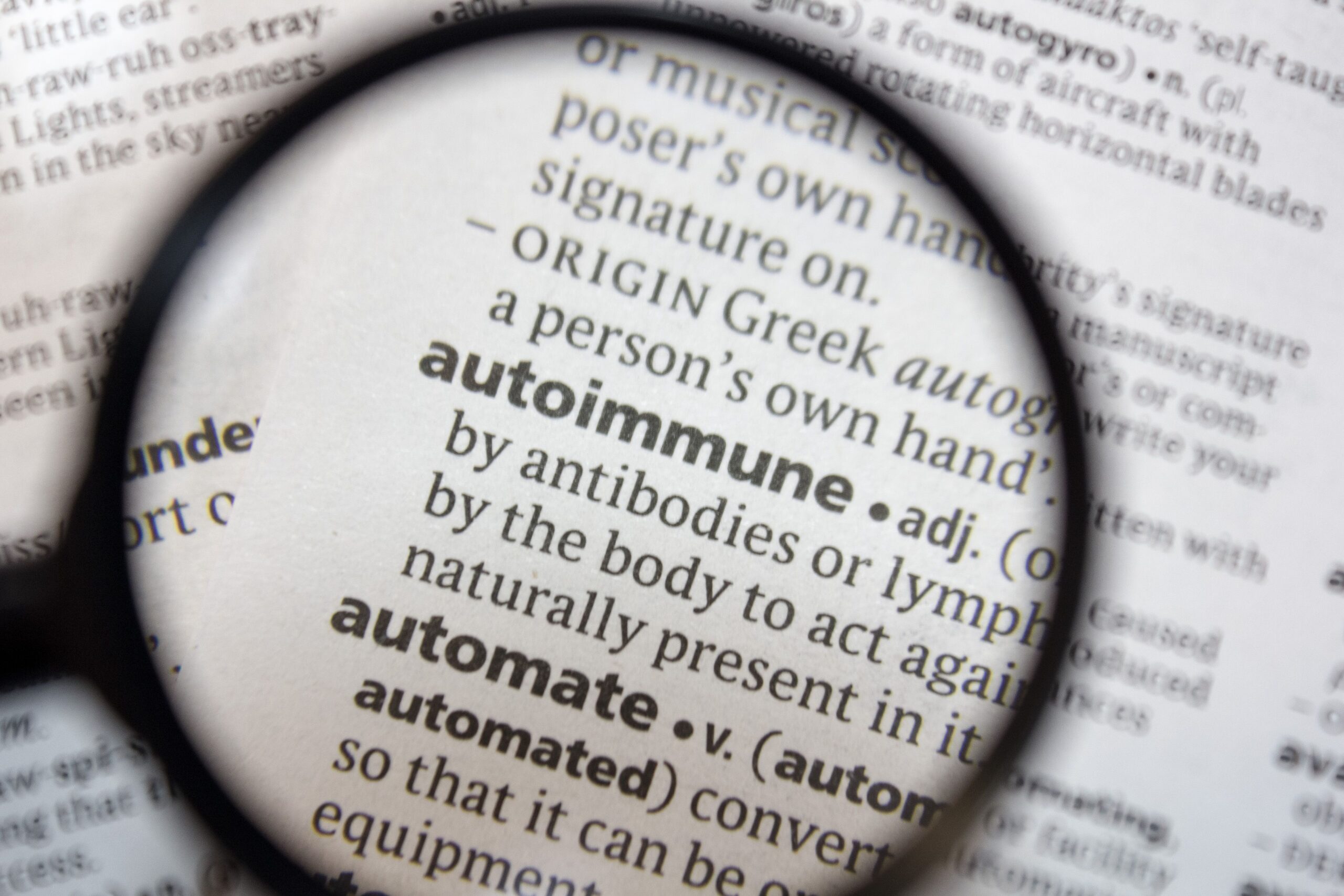An autoimmune patient was treated successfully with a form of CAR T-cell therapy (chimeric antigen receptor T-cell therapy) designed to treat lymphoma, according to a recent news release published by the University of Miami Miller School of Medicine. The patient, who had scleroderma, was treated for neurological side effects and sent home from the hospital, the news release says. Scleroderma is an autoimmune disease characterized by excessive scar formation and skin thickening. It can be fatal if internal organs are affected.
CAR T-cell therapy is a type of immunotherapy that uses a patient’s own T-cells, which are modified to target malignant cells. During treatment, cells are extracted from the patient’s blood, modified and multiplied in a lab, and then reinjected into the patient. CAR T-cell therapy is typically used to treat blood cancer, such as lymphoma.
Although lymphoma and autoimmune diseases are different, both affect a patient’s B cells. In many cases of lymphoma, B cells turn malignant. In autoimmune diseases, B cells make the antibodies that attack the immune cells of the patient.
Forty centers across the United States and Europe, including the Sylvester Comprehensive Cancer Center, which is part of the University of Miami Miller School of Medicine, are testing the use of this cellular therapy for autoimmune diseases. Researchers found that CAR T-cell therapy eliminated the autoimmune antibodies and allowed the patient’s B cells to come back healthy. If results continue to be positive beyond these initial trials, it could mean that in the future, autoimmune disease could be cured with a single infusion of cellular therapy.
At Sylvester, the therapy being tested uses CAR T-cells to target the CD19 protein, which is found on the surface of B cells. The trial is currently enrolling patients with lupus, scleroderma and polymyositis and will soon begin treating another scleroderma patient. A second trial at Sylvester will soon enroll only lupus patients.
Treating neurological autoimmune disorders such as multiple sclerosis with CAR T-cell therapy is also of interest to researchers, and Miller School neurologists have been in talks with the university’s Division of Transplant and Cellular Therapy experts.
“The way I see it, we are at the nexus of cancer therapy and the treatment of other serious ailments,” Damian Green, M.D., the Ron and Nedra Kalish Family Endowed Chair in Stem Cell Transplantation, professor of medicine and chief of the Division of Transplantation and Cellular Therapy at Sylvester, said in the news release. “There are leaps that occur in cancer treatment and with cellular therapy. We are at one of those points where we’re seeing really dramatic benefits. Translating what we’ve learned to patients with autoimmune disease is a tremendous opportunity to help other patients also facing serious, life-threatening conditions.”
Green credits part of the success of the trial to the generosity of cancer patients who volunteered for the initial clinical trials.
“When we tell patients, ‘We don’t know if this is going to work for you,’ the most frequent answer I hear is, ‘I understand, but it might help the next person,’” Green said. “Often, they’re saying the next person with my diagnosis, but it turns out it’s not just that. They’re actually helping a much broader population.”
